
This week's TypeRight looks into how Twitter under Musk has unfolded, and what this means for free-speech.
In January last year, the former president of the United States, Donald Trump, had his account suspended from the leading social media platform, Twitter. This was after, as the BBC reported, "hundreds of rioters [who were Trump supporters] entered the US Capitol complex as the US Congress attempted to certify Joe Biden's victory in the presidential election. The ensuing violence led to the deaths of four civilians and a police officer." And there was definitely incitement from former president.
Following this, Twitter decided to permanently suspend the account, something which it has done to other incite-y accounts, like this, for example:
But these are old news, which is now again relevant after the recent changes in management at Twitter HQ, something we had covered a little already in an earlier TypeRight.
After clearing the legal and technical hurdles, and entering in Twitter in a pun-ny way, Elon set about to radically transform the company- and most of this transformation included a lot of firing and hiring.
His changes were devastating (or perhaps funny, depending on the angle you look at) in the begining. Twitter soon had people paying 8 USD to get blue ticks, and pose as real-seeming accounts, and post on behalf of entities. Few realised things were parody-



The last tweet about the insulin price, in fact, caused the company's stock prices to drop. However, the resulting news created a moment of introspection as to why the prices of basic medicine such as insulin is extremely high, when the inventor had actually almost let the patent down for free. To quote this article from vox-
When inventor Frederick Banting discovered insulin in 1923, he refused to put his name on the patent. He felt it was unethical for a doctor to profit from a discovery that would save lives. Banting’s co-inventors, James Collip and Charles Best, sold the insulin patent to the University of Toronto for a mere $1. They wanted everyone who needed their medication to be able to afford it.
Before steering too far from topic, the Twitter blue tick fiasco immediately prompted Musk to go back on the plan. While he initially demanded all accounts mark themselves as parody account, failing which they were suspended, he soon went out and started censoring posts that were critical of himself and his policies.
For all the talk of freedom of speech, the billionaire had engaged in active union-busting in his other company Tesla, had fired several of the employees from Twitter for refusing to overwork- but of course, he did reinstate the former president.
After facing heavy criticism, and dips in stocks and revenue (because of advertisers who left the platform), and even loud booing from crowds, Elon is trying to redeem himself by exposing whatever Twitter did before he got on the helm. He calls this, the Twitter files, an expose of documents regarding censorship, shadowbans and account removals.
People point out how the whistleblower reports (like which happened to Facebook, more popularly) have much more shocking content than the files Musk is releasing, episode by episode.
As a set of documents, the screenshots are fascinating. But the “Twitter Files” entries are sloppy, anecdotal, devoid of context, and, well, old news. [...] By releasing these internal documents selectively, Musk gets to be on the offensive, whipping up a crowd that’s eager to cry censorship and shadowbanning.
It basically scoots back to a similar point- if online social media are an important new part of democratic processes, it really shouldn't make sense that it be in the control of billionaires, especially that have a history of wanting to overthrow democratically elected governments or known for tax evasions.
And to conclude, here is the video of the crowd booing:
DEF Updates
DEF is proud to announce our collaboration with the Global Digital Inclusion Partnership to bring in Internet to more unreached populations!
At India Habitat Center in New Delhi, DEF and its recent initiative A-CODE team held a festive meet, with puppet shows, musicals and rap performances! A-CODE is short for Art and Collective for Digital Empowerment with almost 20 member organisations who working on using art as an expression of social change and social justice.
In Other News
There have been a couple of infamous ransomware attacks across the world in the past few years - and while governments have found ways to save their information, the recent one in India's AIIMS - All India Institute of Medical Sciences - has some lessons on cybersecurity for us.



Following from our IGF coverage on Data Rights, here are the news clips from the Data theft incident in Karnataka:

This e-learning initiative is interesting about language gaps by using digital technology to learn in mother-tounges:

Until next week, we on International Human Rights day, honor and remember the activists who have defended our rights in the streets, courts and elsewhere.

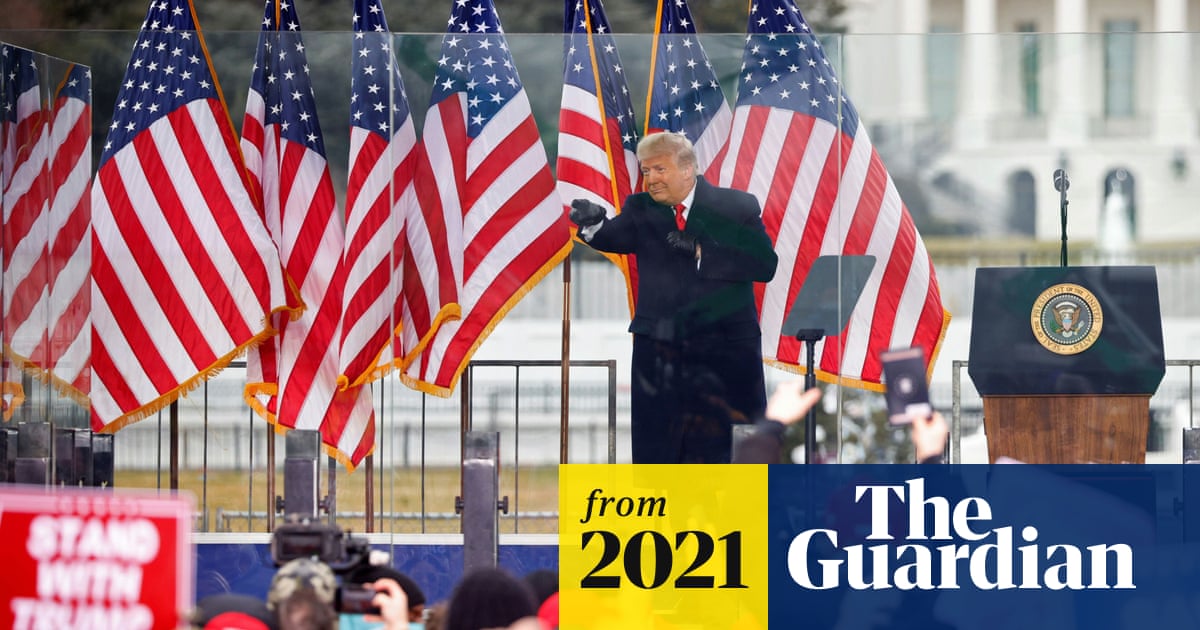
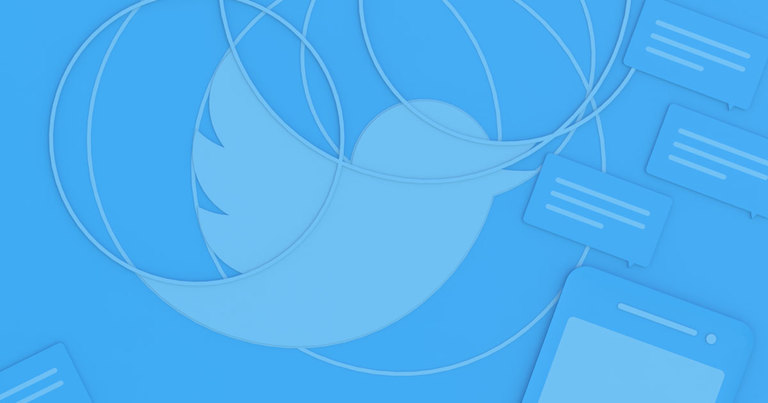


/cdn.vox-cdn.com/uploads/chorus_asset/file/24145502/226378_Twitter_Risk_Elon_Musk_Spot_WJoel.png)
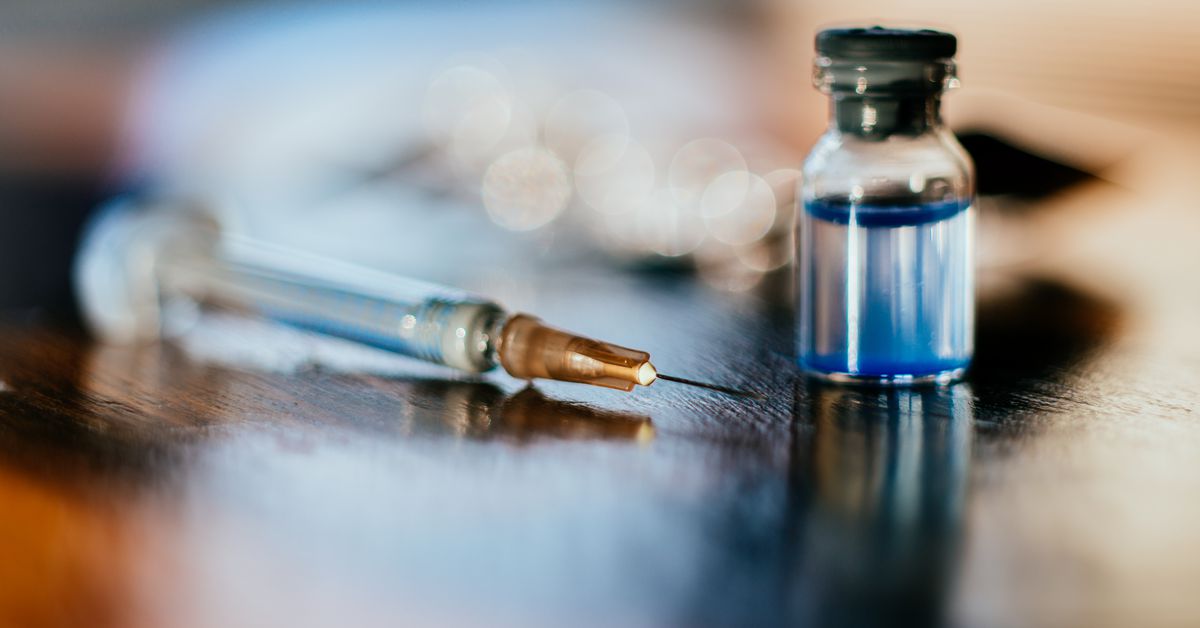
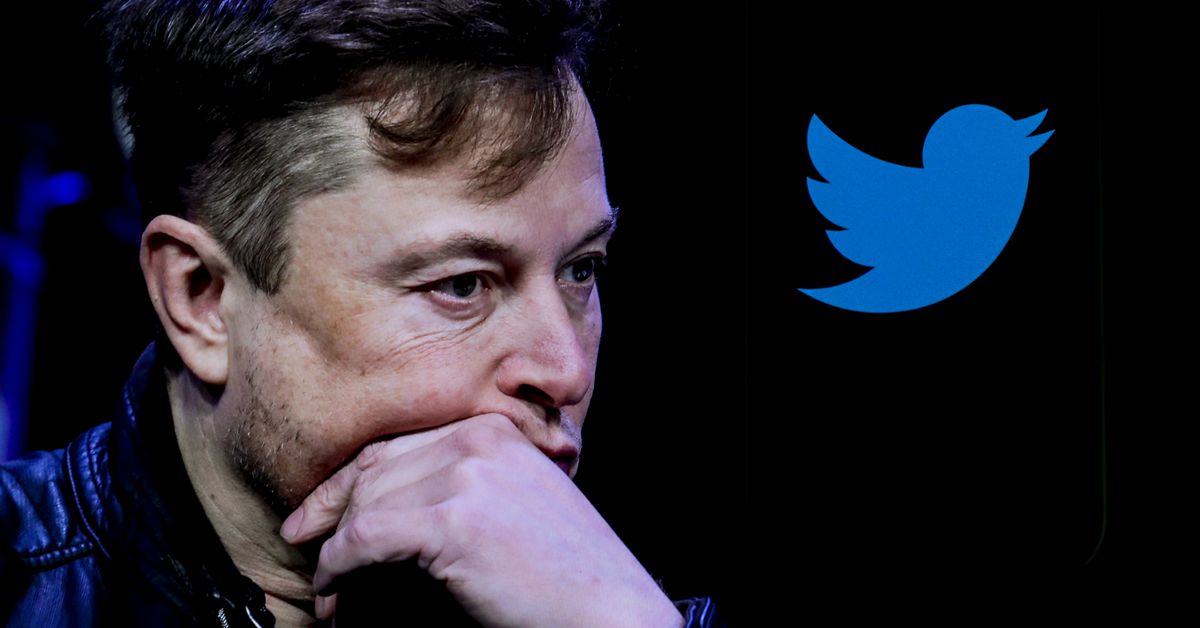
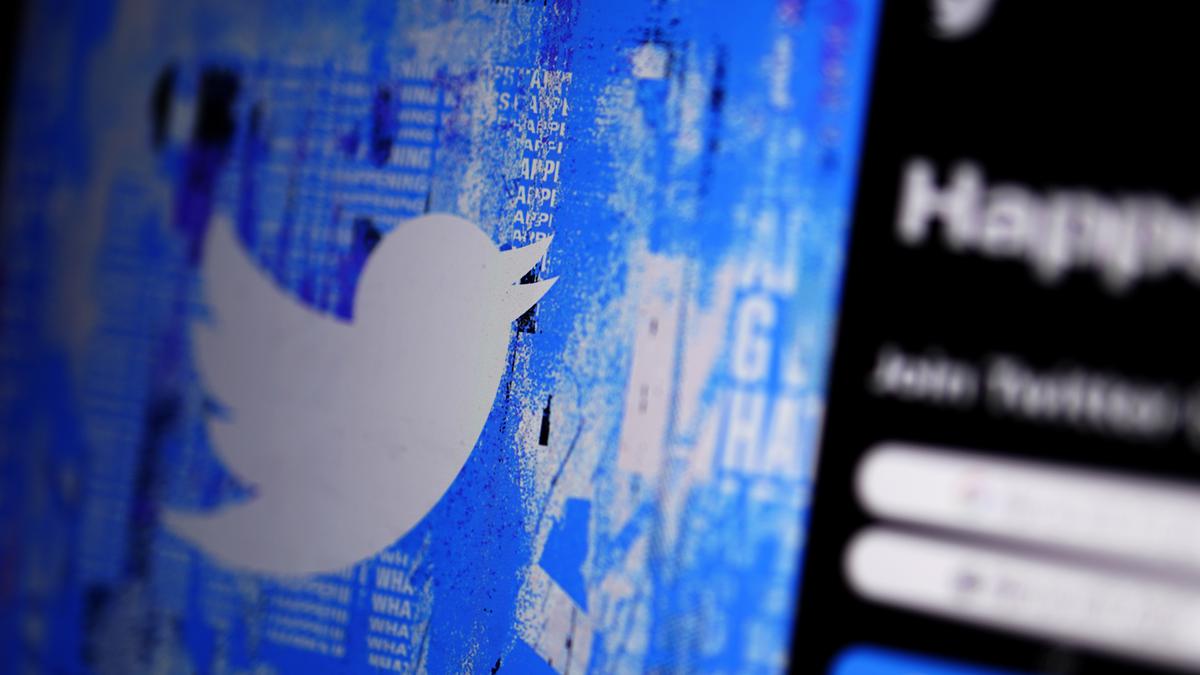


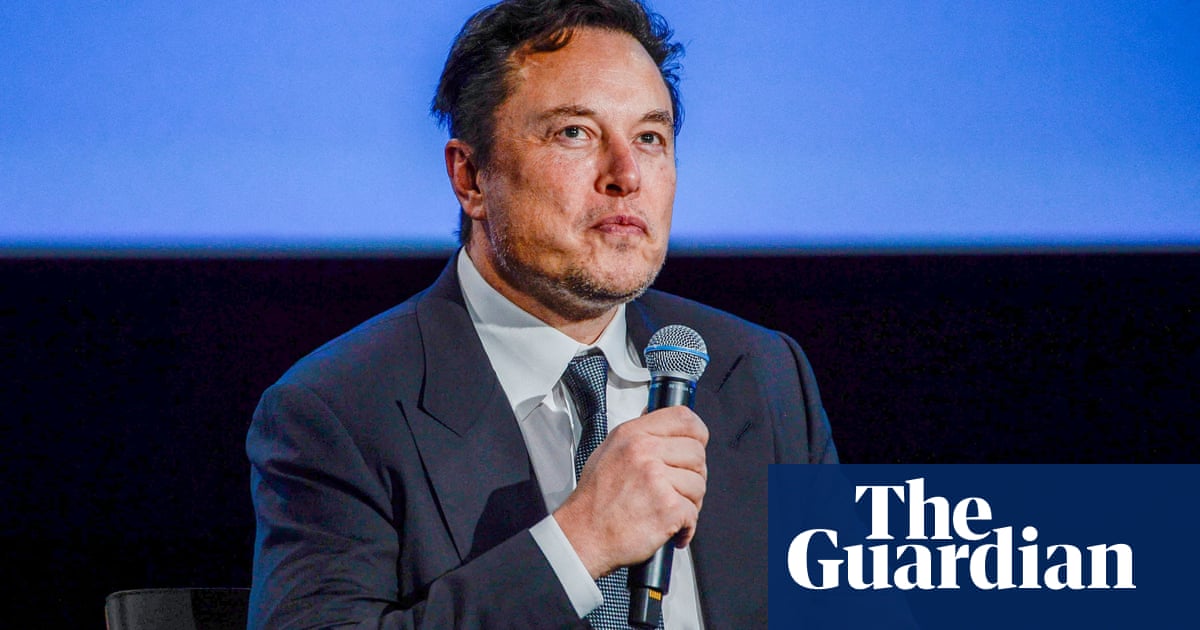



















 might be?](https://sk0.blr1.cdn.digitaloceanspaces.com/sites/1394/posts/714526/dbc8de4c-5c50-411f-aba0-55cfb74a692d.jpeg)

Write a comment ...